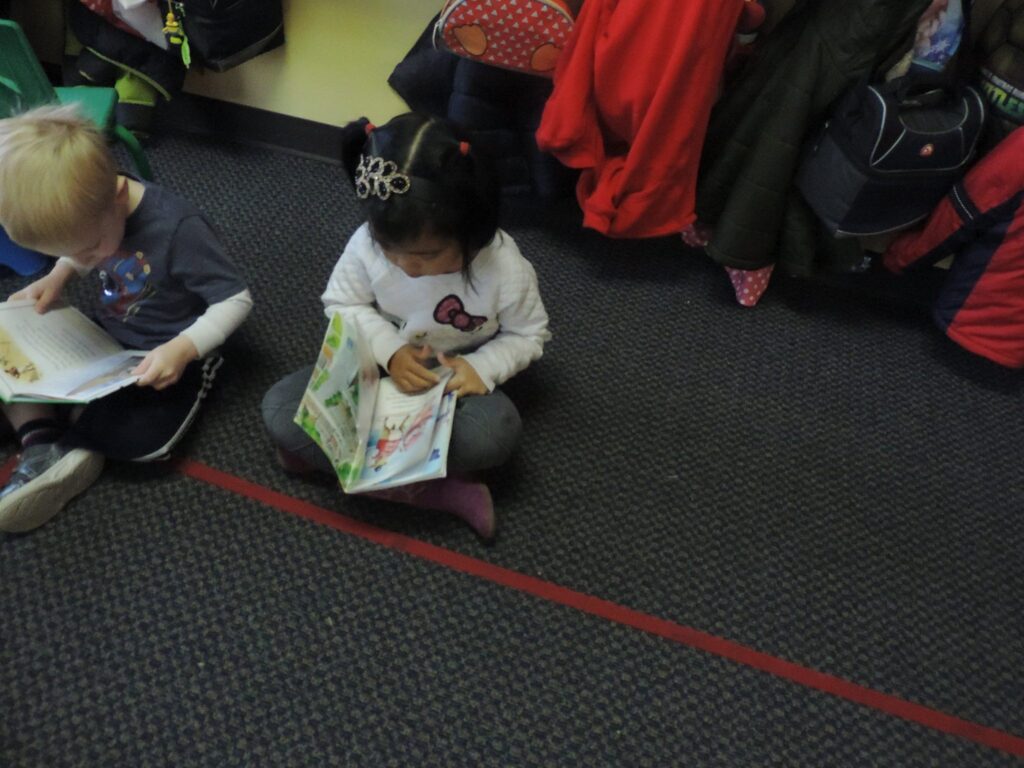
Introduced to the market in April of 2010, iPads swiftly became the latest must-have hand-held computer gadget. Now more than 45% of U.S. adults own an iPad or one of its competitor tablets. Many of those iPads find their way into little hands, where gleeful children, toddlers, and yes, even infants learn to tap, swipe, and unlock before they’ve mastered how to wave bye-bye.
But watching this blue-screen absorption of the newest generation raises an inevitable question: Are iPads bad for children?
iPad Pros
Every parent knows that, for the sake of a half-hour of peace, nothing beats a colorful, musical, interactive app on the iPad. Handing your screaming child the tablet allows you to drive without distraction, unload the contents of your grocery cart without hurrying, or cook up a healthy dinner without a cranky child pulling on your leg. For busy households, the temporary distraction of an iPad game can be a stress-relieving Godsend.
As parents, you may recall that television served as the Great Distractor of your youth. Back in the pre-computer, pre-smart phone days, parents wondered if TV would “rot” children’s brains. The good news is that research by both the Archives of Disease in Childhood and the Department of Pediatrics and Child Health in Cork has shown that because iPad games are interactive, they’re a far better distraction that zoning out in front of the TV.
Furthermore, the educational aspect of well-chosen iPad apps cannot be ignored. A child involved in an educational game can accelerate their reading cognition, math skills, and use of language. A study at the Joan Ganz Cooney Center at Sesame Workshop suggests that language skills and social interaction improve when cognitively delayed students interact with certain iPad apps. And it can’t be denied that your children are being raised in a highly technological world, where computer literacy is a must.
iPad Cons
Tools like the iPad can easily become crutches if they’re misused. If every time your child shows boredom or discomfort she is handed the iPad, she may be missing out on learning how to entertain herself without the benefit of a screen. Boredom is the birthplace of imagination, even if it means a parent has to put up with a hefty dose of whining and complaining.
Overuse of iPads is another potential con. When a child is absorbed in a buzzing, ringing, entertaining app, hours can pass like minutes. But tactile toys and physical exertion are also important to cognitive and physical development, especially for babies, toddlers, and preschoolers. The American Academy of Pediatrics recommends no more than two hours of total screen time for children under two years old and ideally no screen time for anyone younger.
Sleep disruption is another potential con of iPads as well as all blue screens. Studies have shown that the short-wavelength blue light that iPad screens emit has an effect on melatonin, the sleep-inducing hormone. It’s recommended that both you and your children refrain from screens at least an hour before bedtime, for the most restful sleep.
When it comes to the effect of iPads on cognition and development, however, experts are divided. Most concern centers around the use of iPads by preschoolers and younger kids, particularly infants and toddlers. Some experts fear that early use of an iPad may promote unbalanced cognitive development or lay the foundation for techno-addiction. Yet others point to anecdotal evidence showing advantages in letter and number recognition, hand-eye coordination, and language cognition, even for babies. The truth is that most long-term scientific research on the effect of screens on children has concerned television, not iPads. They’ve just not been around long enough.
Like in all aspects of parenting, most experts encourage moderation. The best advice is thoughtful, controlled use of the iPad, which means curtailing the time spent as well as the games played. Ideally, an iPad should just be one more educational toy in an overflowing toy box.





